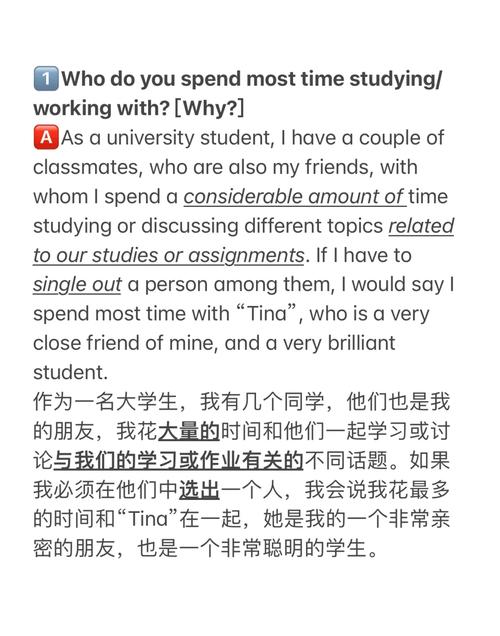Is Uni a Waste of Time?
Deciding whether to pursue a university education is a significant life decision that can have long-lasting impacts. The question of whether university is a waste of time is one that has been debated for years. In this article, we will explore various dimensions to help you make an informed decision.
Academic Benefits
One of the primary reasons people attend university is to gain knowledge and skills in a specific field. According to a report by the National Center for Education Statistics, 86% of students who attend college graduate within six years. This indicates that universities are effective in providing academic knowledge.

Universities offer a wide range of courses and specializations, allowing students to explore their interests and develop expertise. Moreover, professors and researchers at universities are often experts in their fields, providing students with access to cutting-edge knowledge and research opportunities.
Career Prospects
Another critical factor to consider is the impact of a university education on career prospects. According to a study by the Federal Reserve Bank of New York, individuals with a bachelor’s degree earn, on average, $1.2 million more over their lifetime than those with only a high school diploma. This significant difference in earnings underscores the value of a university education in terms of career advancement.
Universities also provide networking opportunities through internships, extracurricular activities, and alumni associations. These connections can be invaluable in securing job opportunities and advancing one’s career.
Personal Development
University is not just about academic and career benefits; it also offers opportunities for personal growth. According to a report by the Association of American Colleges and Universities, 84% of employers believe that a liberal arts education is essential to prepare students for the workforce.

Universities encourage students to develop critical thinking, problem-solving, and communication skills. These skills are highly valued in the workplace and can help individuals succeed in various aspects of their lives.
Financial Considerations
One of the most significant concerns regarding university education is the cost. According to the College Board, the average cost of tuition and fees for the 2020-2021 academic year was $37,675 at private universities and $9,970 at public universities. This cost can be a significant financial burden for many students.
However, it’s important to consider the long-term financial benefits of a university education. With higher earning potential and better job prospects, the investment in a university education can pay off in the long run.
Alternative Paths
While university education is valuable for many, it may not be the right choice for everyone. There are alternative paths to achieving success, such as vocational training, apprenticeships, and self-education.
According to a report by the U.S. Bureau of Labor Statistics, individuals with vocational training or apprenticeships can earn competitive salaries and have stable career paths. Additionally, self-education through online courses and self-study can also be a viable option for those who prefer not to attend traditional universities.
Conclusion
Whether university is a waste of time ultimately depends on your individual goals, values, and circumstances. While it offers numerous benefits in terms of academic knowledge, career prospects, and personal development, it’s essential to consider the financial implications and explore alternative paths if necessary. By weighing the pros and cons, you can make an informed decision that aligns with your aspirations and values.
| Benefit | Percentage of Students |
|---|---|
| Academic Knowledge | 86% graduate within six years |
| Career Advancement | Higher earning potential |
| Personal Development | 84% believe liberal arts education is essential |